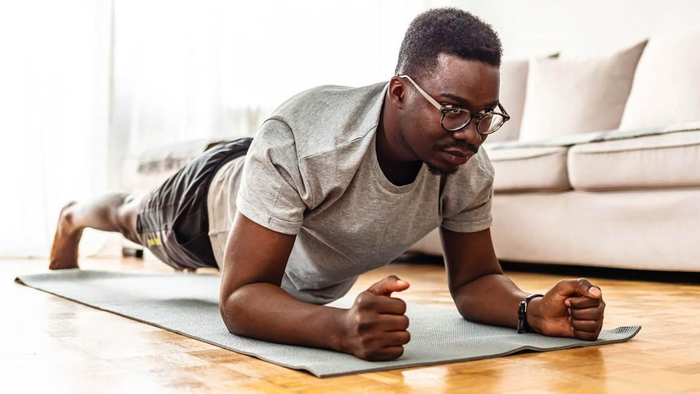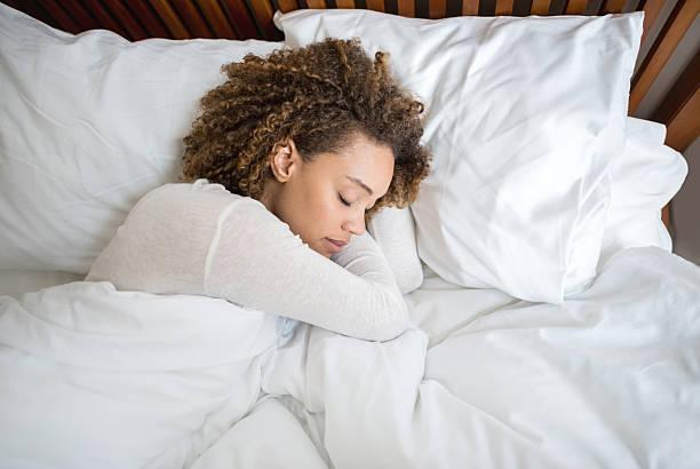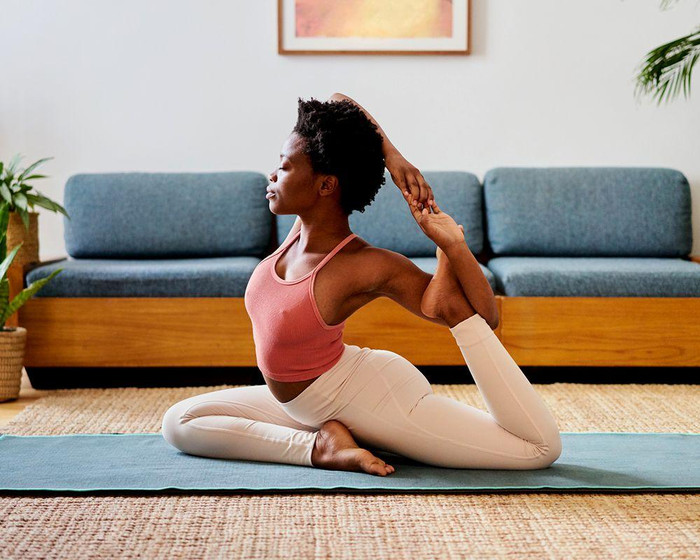As the demands of work and life continue to increase, stress levels for many people are rising. If left unchecked, chronic stress can lead to serious health problems. A serious illness, job loss, a death in the family, or a painful life event can cause high levels of stress. You may feel down or anxious for a while, and that’s normal too. A doctor can help you if you feel down or anxious for more than several weeks or if it interferes with your home or work life. Therapy, medication, and other strategies can help, but you can learn to manage stress before it gets too much by following these tips:
- Keeping a positive attitude is important.
- You cannot control all events.
- Rather than becoming angry, defensive, or passive, assert your feelings, opinions, or beliefs.
- Improve your time management skills.
- You should set limits appropriately and say no to requests that would cause excessive stress.
- Invest time in hobbies and interests.
- Alcohol, drugs, and compulsive behaviors can increase your stress levels.
- Spend enough time with your loved ones.
To learn more healthy ways to deal with stress, seek help from a psychologist or other mental health professional trained in stress management or biofeedback. Consider these lifestyle changes to help manage stress:
Exercising
For one thing, physical activity can help you sleep better. Better sleep means better stress management. Scientists don’t know exactly why, but people who exercise more tend to get deeper, slower-wave sleep that helps rejuvenate the brain and body. If you’re planning to exercise too close to bedtime, you might disturb your sleep.

A number of hormones are released as a result of exercise, including endorphins and endocannabinoids, which help block pain, improve sleep, and help sedate you, which may explain why exercise helps your mood. Runner’s high, or euphoric feeling after long runs, is thought to be caused by endocannabinoids (endocannabinoids). When your body feels good, your mind often follows. These exercises will help you relieve stress:
Try these tips if you don’t have time for a formal exercise program.
- Instead of driving to the store, bike there.
- Instead of taking the elevator, take the stairs.
- You should park as far away from the door as possible.
- Wash your car by hand.
- Make sure your house is clean.
- Take a walk during your lunch break.
Diet
There are many benefits to eating health foods beyond your waistline. With a healthy diet, you can fight off stress, build up your immune system, improve your mood, and lower your blood pressure. If you’re stressed out, junk food can seem even more appealing. Lots of added sugar and fat can have the opposite effect.

Keep a healthy diet with a few simple tips. Make a shopping list. Keep healthy snacks with you when you leave the house. Avoid processed foods, and avoid eating mindlessly. As part of a balanced diet, be sure to get enough of these nutrients that are known to reduce the effects of stress on the body and mind:
Sleep
When you are stressed, you may find it hard to fall asleep. If this happens three times a week for at least three months, you may have insomnia, an inability to fall asleep and stay asleep. Sleep deprivation can also increase your stress level and lead to sleep deprivation.

There are several habits that may help you get better sleep. These include your daily routine and how you arrange your bedroom.
- Regular exercise is important.
- Take a walk in the sunshine.
- Avoid drinking alcohol and caffeine close to bedtime.
- Plan your sleep schedule.
- 30-60 minutes before bed, don’t look at your electronics.
- At night, try meditation or other forms of relaxation.
Your bedroom also plays a crucial role in good sleep hygiene. In general, your bedroom should be dark, quiet, and cool. Your mattress should provide support, space, and most importantly, comfort. Your bedroom also plays a crucial role in good sleep hygiene. In general, your bedroom should be dark, quiet, and cool. Your mattress should provide support, space, and most importantly, comfort.
Yoga
Yoga is a form of exercise, yoga can also be a form of meditation. The ones that focus on slow movement, stretching, and deep breathing are the best for reducing anxiety. It has been around for more than 5,000 years for a reason. Meditation works for many people and has many benefits. It can reduce stress, anxiety, chronic pain, and improve sleep and mental health.
- Take a moment to find a quiet spot.
- Sit or lie down in a comfortable position.
- Pay attention to a word, phrase, object, or even your breath.
- Let your thoughts come and go and do not judge them.

Deep Breathing
By practicing deep breathing, you turn on your body’s natural relaxation mechanism. This changes your body’s response to stress by creating a state of deep rest. As a result, your brain receives more oxygen and the part of your nervous system responsible for relaxation is calmed.
Get comfortable, close your eyes, and place one hand on your stomach and the other on your chest. Taking a deep breath in through your nose, you should feel your belly rise more than your chest. Now exhale through your nose and notice how your body relaxes. Repeat.
Biofeedback
With biofeedback, you learn how to manage your heart rate, muscle tension, and blood pressure when you feel stressed. You learn about how your body reacts when you relax. There are sensors on your body that identify changes in everything from your brainwave patterns to your muscle tone. By changing how your body reacts to a sensor, you can begin to control the signals by working with a biofeedback therapist.
Inner voice
Stress levels are influenced by the voice in your head. The good news is that you can control it. You can exchange negative thoughts for positive ones. Positive self-talk has more benefits than reducing stress. The benefits include a longer life, a lower level of depression, more resistance to colds and cardiovascular disease, and better coping skills.

Minna Davies is a creative writer and a thespian with a degree in theatre arts from the University of Lagos. He has been privileged to have some of his works featured on Nigeria’s big stages. It is important to dream, but if no one gets to see it, it is as good as dead.





